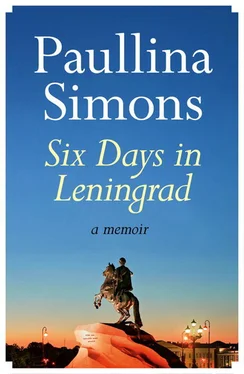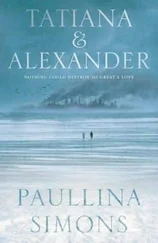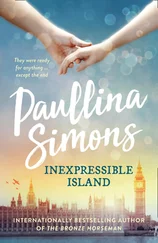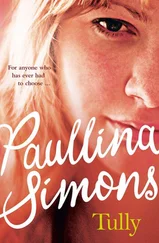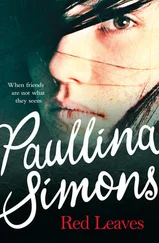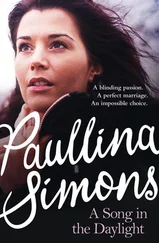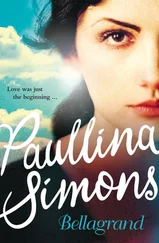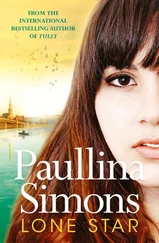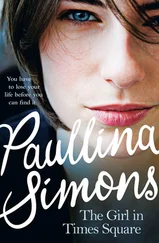And who was this Jesus Christ?
I, who had not grown up with Christmas carols, pageants, cookies, decorations and a divine baby in a cave, had no idea what Jesus had to do with Christmas. My first Christmas Eve in New York my parents went out, leaving me, I thought, alone and joyfully watching Bonanza, except to my great consternation, Michael Landon on whom I had quite the crush, was replaced on Channel 11 by nothing but a log burning on the fire and instrumental musak playing in the darkened background. My Pavlovian reaction to learning that the pre-emption of Bonanza was all about something called Christmas, was less than spiritually positive, as you can imagine.
While my husband was vacationing near Lake George, I was learning how to swim in the icy Black Sea.
Kevin knew Atlantic Ocean beaches? I knew the dirty sand on the Gulf of Finland. It was enough for me when I was a child. I spent ten summers of my life in a tiny Russian fishing village called Shepelevo near the Gulf of Finland, and it was all I needed. My childhood summers in that village is the treasure I carry with me through life.
But I didn’t want to go back there.
I lived ten years of my life in a communal apartment, nine families sharing 13 rooms, two kitchens, two bathrooms.
Didn’t want to go back there either.
My father was arrested when I was four and spent the next five years of his life — and mine — in a Soviet prison, in a Soviet labor camp, in exile.
I lived alone. With my silent mother.
Not interested in reliving any part of that.
There was no romanticizing our life in Russia. In leaving, we had all died and gone to heaven. If it weren’t for my stupid book, why on earth would I want to go back?
My father got me the travel visa through Radio Liberty. The already painful Soviet visa process was further complicated by the fact that we were going to stay with my father’s best friend Anatoly at his apartment instead of in a hotel like normal, non-suspicious tourists.
“Papa, why don’t we stay in a hotel?”
“What hotel are you talking about?”
“Well, I looked in my St. Petersburg guide, and it lists two great hotels in Leningrad—”
“Don’t call it Leningrad.”
“Fine. St. Petersburg. Two great hotels: Grand Hotel Europe, and Astoria.”
“Astoria is a very nice hotel.”
“So it says. It says it’s located conveniently close to the statue The Bronze Horseman . That’s good for me. As you know that’s what I’m calling my book.”
“I want to speak to you about that. I think it’s a terrible title.”
I sighed. “Papa, it’s a very good title, and everybody likes it.”
“Who is everybody?”
“My agent, my editor. My former editor. My husband.”
“They don’t understand.”
“Fine. But hotels?”
“Yes. Hotels.”
“Astoria is nice then?”
“Yes, but Paullina, I can’t stay in Astoria. I’m retiring at the end of July. And my company won’t pay for such a hotel.”
“Grand Hotel Europe then?”
“Very nice hotel, right in the center of town, very close to Nevsky Prospekt. So convenient.” He sounded like a travel agent for Grand Kempinski, the Western hotel company that now owned Grand Hotel Europe.
“So which one is better?”
“Paullina, we can’t stay there. We have a perfectly nice apartment to stay in with Anatoly and his wife Ellie. Remember Ellie? She loved you very much when you were a child. They can’t wait to see you. They have room. You’ll be comfortable. Listen, it’s not the Grand Hotel Europe, but it’ll be fine.”
I thought about it for a few seconds. “How close are they to the center of town?”
“Listen, their apartment is not the Grand Hotel Europe, it’s not going to be fifty paces from Nevsky Prospekt. They live on the outskirts of town, the last stop on the metro. I have to stay with them. They will never forgive me if I don’t.”
Vacillating between the two hotels, my father finally admitted to me that his and my mother’s wedding reception was held on the top floor of Grand Hotel Europe. “Papa, I have to stay there then. There is no question.”
My father told me that when I was a baby, I had helped him smuggle strictly forbidden books out of Grand Hotel Europe. He had received them from an American friend visiting Russia. KGB agents checked all the bags leaving the hotel as a matter of course. They were watching my father particularly carefully because of a provocative letter he had sent to Pravda; he had to be cautious. So when he got the books from his American acquaintance, he put them under me in my carriage, wrapped the blanket around me and the books, and wheeled us out onto the street.
He smuggled out Thirteen Days that Shook the Kremlin by Imre Nagy, The Hungarian Revolution by Tibor Meray, A Bitter Harvest, the Intellectual Revolt Behind the Iron Curtain, a collection of essays and stories edited by Shelman Edmund, The New Class by Milovan Djilas, and The Communist Party of the Soviet Union by Leonard Schapiro.
Years later in 1994, a former KGB agent who used to watch my father met him at a gathering in Munich and asked him, “Yuri Lvovich, tell me, that winter night, how did you get those books out of the hotel? We were watching you so carefully.”
After my father told him how, the KGB agent shook his head and said, “We underestimated you, Yuri Lvovich.”
During our next conversation I said to him, “Papa, how about this? We stay with Anatoly and Ellie for a few days, then we pack our bags, and I will get us a suite at Grand Hotel Europe and we’ll stay there for the remainder of our trip.”
“How much is a room there? Four hundred dollars a night?”
“Five hundred.”
“Oh my.”
“Don’t worry about it. It will only be for a few nights.”
This is when we still thought our trip would be for eight days. We were going to spend four days at Anatoly’s and four days at Grand Hotel Europe.
But because I was going to be staying part of the time with friends, I couldn’t get a simple tourist visa. I needed to get a letter of invitation from a business. My father said he would take care of it. Radio Liberty/Radio Free Europe, which has bureaus in Prague, Munich, Washington, Moscow and St. Petersburg, would provide me with an invitation.
My father’s colleague in Washington personally walked my visa application over to the Russian embassy to be processed.
“The man who is walking over there, doing you a favor, processing your visa for you, treat him well, respect him,” my father told me. “He is Molotov’s grandson.”
Vyacheslav Molotov had been Stalin’s foreign minister, responsible for the war with Germany, the war with Finland and for unwittingly giving his name to the incendiary eponymous cocktails the Finns invented in his honor.
“Molotov’s grandson?” I gasped.
“Yes,” my father said, lowering his voice, “but don’t say anything to him.”
“Why?” I asked. “Doesn’t he know whose grandson he is?”
My father said it was a very complicated subject and spoke no more about it. I did think there was something Homeric about Molotov’s grandchild traipsing to the Russian embassy to get me my Russian visa so I could go to Russia to do research and then write about a time his grandfather was making history. I sent Molotov’s grandson my three books, all signed to his wife, and thanked him for helping me. I really wanted to ask him about his grandfather, but didn’t.
Grand Central Station wasn’t in New York. It was my house in Texas.
In Russia I had read a book about a place Americans called the west, and in this west were endless prairies and on these prairies rode cowboys with lassos. I didn’t know what a lasso was, but it all sure sounded exciting when I was a little girl growing up in Russia. One day, I wanted to see this prairie.
Читать дальше
